Voluntary health insurance in Tatarstan to rise by 15%
From the new year, employers in the republic will choose between quality and price of voluntary health insurance (VHI) services
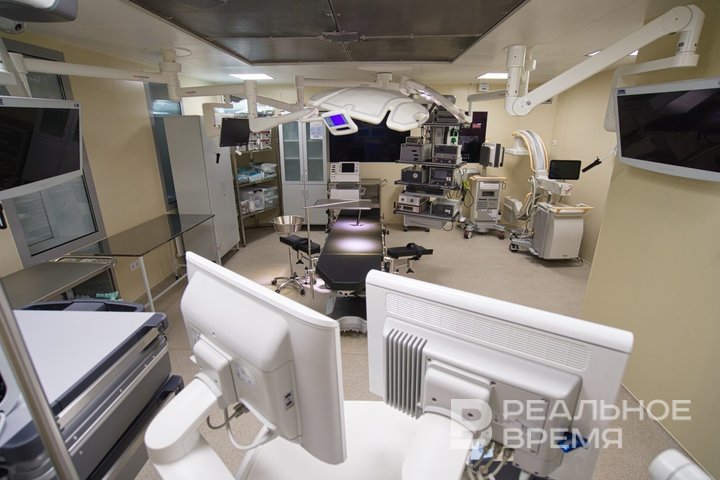
In 2025, voluntary health insurance in Tatarstan will increase in price by an average of 15%, depending on the risks covered by insurance. This may lead to both companies refusing the VHI and to a reduction in the range of services provided by the programmes of this type of insurance, according to the republican Union of Insurers. The increase is a nationwide trend: according to analytical agencies, it may amount to 15 to 25%. Realnoe Vremya found out what causes the increase in the cost of insurance, how the volume of insurers' collection for the VHI is increasing and how insurance holders can save money.
“In order to save money, employers can reconsider the set of risks”
The increase in the cost of voluntary medical insurance in the new year, due to inflation, is inevitable, President of the Union of Insurers of Tatarstan Rinat Kasimov told Realnoe Vremya. In his opinion, the increase in the cost of telemedicine as part of the VHI will be insignificant — within 5-10%, and in the “classic” VHI it will depend on the set of risks covered by the insurance. If we proceed from the set that was in effect in 2024, then we should expect an increase in the cost of the policy by about 15%.
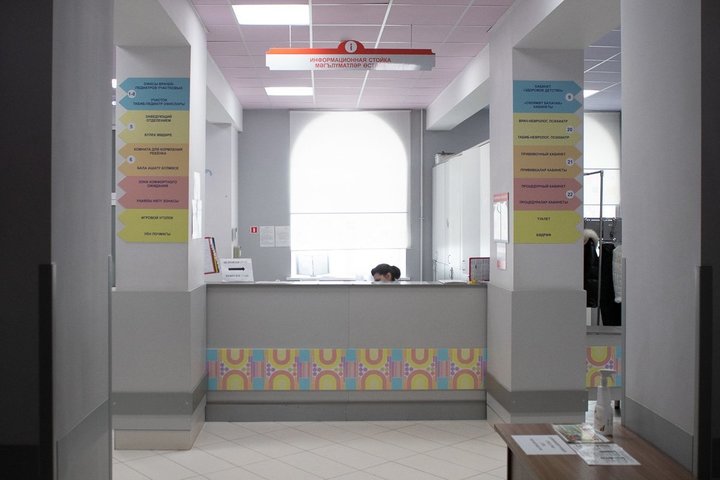
The interlocutor of Realnoe Vremya emphasised that ultimately the increase in the cost of VHI will primarily depend on the plans and capabilities of policyholders — employers, who right now, at the end of the year, are deciding what amounts to include in the budget for these purposes.

VHI contracts for company employees are concluded based on the results of a tender — with the insurance company that offers the most favourable terms for providing the package of services specified in the technical specifications. The technical specifications also specify the requirements for the level of the clinic where the company's employees will apply with a VHI policy. According to Rinat Kasimov, employers can ensure budget savings without cutting the list of medical services provided by the VHI, but simply by lowering the requirements for the level of medical institutions. For example, the management team can be left in a premium clinic, and the rest of the employees can be sent to an economy class medical institution.
“The market is adapting”
However, it will not be possible to save on VHI policies for individuals. As the interlocutor of Realnoe Vremya noted, the high cost of such insurance and the very limited set of risks that they cover are due to the fact that the culture of additional medical insurance on the part of citizens is practically absent:
“The need for the VHI arises only for those who have either chronic or current diseases. As you understand, it is expensive to cover these needs.”
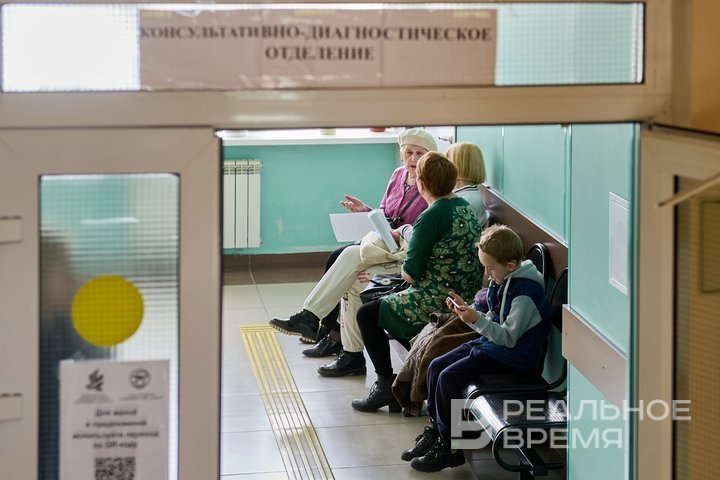
The head of the Union of Insurers of Tatarstan is far from the idea that the increase in the cost of medical services can affect the volume of VHI contracts in 2025:
“In any case, the market will somehow adapt, will adjust to the situation. VHI is one of the few types of insurance that has been growing very strongly lately.”
He noted that with the arrival of the coronavirus pandemic, the demand for telemedicine services via the VHI has grown greatly, which allows you to get advice from leading doctors in a particular field, get a second opinion, that is, consult with another specialist. And employers most often include in the technical specifications for VHI medical examinations, checkups once or twice a year in a certain area taking into account the field of activity of employees, checkups for “male” and “female” diseases, cancer.
“Cheap is not good”

Judging by all this, a lot will have to be cut in 2025. According to Urazmanov, the cost of services at commercial clinics will continue to rise, since absolutely everything is becoming more expensive — from food in the store to reagents and consumables in medical laboratories in the pits and offices:
“Gloves, shoe covers, masks, gynaecological speculums — everything is getting more expensive. Equipment maintenance is also becoming more expensive and purchasing it has become immeasurably more expensive, and it has to be replaced. Only vaccines have become about 25% more expensive. And the vaccine is administered with a syringe, which has also become more expensive. You need a cotton-gauze napkin, which has also become more expensive, you need gloves, which have also become more expensive. Accordingly, the cost of services is growing, and just to provide all this, we will need to raise the price by 30%, and after all, the doctor, the specialist also wants to get more! Therefore, the cost of medical services will grow — somewhere by 30-40%, somewhere by 5-7%, somewhere by 12-15%, somewhere by 20%.”
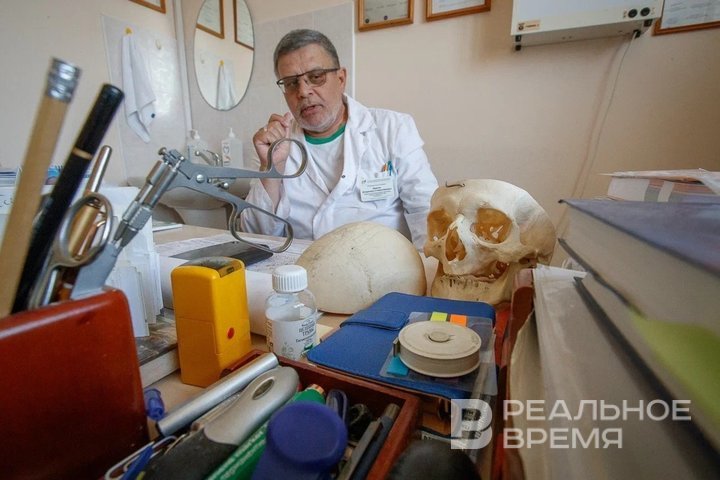
Urazmanov also noted that the dynamics of prices for medical services depends on what a particular clinic does, because medical centres are mostly narrow-profile. But he immediately added that Zvezda, as a multidisciplinary centre, deals with absolutely all types of services, and in such a clinic, the growth in the cost of different services will inevitably differ — it depends on the structure of a particular service.
Fee collection is growing, the range of risks is decreasing
Despite the fact that VHI services are becoming more expensive, the demand for them is growing. In a review of key performance indicators of insurers in the third quarter of 2024 published by the Bank of Russia the other day, the growth in VHI volumes continued, associated with the reclassification of part of the premiums from another accounting group and an increase in insurance fees for employers of their employees.
“At the same time, employers managed VHI costs by narrowing the risks included in the programs without reducing the number of insured,” the Russian Central Bank’s review states. “The volume of VHI collections in Q3 2024 increased to 72.3 billion rubles, while for the first 9 months of 2024, the volume of contributions amounted to 245.2 billion rubles... The share of VHI sales through credit institutions increased to 26% based on the results of the first 9 months of 2024. Excluding VHI contributions through the banking sales channel, the segment also increased — by 9.2% based on the results of the first 9 months of 2024, to 182.2 billion rubles. The growth of VHI contributions by employers continued. Based on the results of Q3 2024, the growth rate of collections amounted to 31.5% y/y, the volume of contributions — 46.9 billion rubles, based on the results of the first 9 months of 2024 — 13% and 156.7 billion rubles, respectively.”
The Central Bank notes, employers sought to limit their VHI costs by concluding contracts with a smaller set of included risks, as evidenced by the decrease in the average insurance amount per insured person from 9.8 million rubles based on the results of 9 months of 2023 to 6.1 million rubles based on the results of 9 months of 2024. The average insurance premium per insured person also decreased — from 6,100 to 5,700 rubles, but the number of insured persons under contracts concluded over 9 months of 2024 increased slightly — by 1% — compared to last year's level. VHI payments based on the results of 9 months of 2024 increased by 12.2%, including due to the increase in the cost of medical goods and services, the Central Bank notes.
“It is beneficial for enterprises”
According to the Realnoe Vremya expert, a former employee of a large brokerage organisation, who asked not to publish the name, in the future we should not expect a mass refusal of employers to insure employees under VHI programmes.
It is primarily beneficial for enterprises, since the Tax Code provides for the possibility of directing 6% of the Payroll Fund to insure employees under VHI, and this money is not taxed. If the VHI volumes are good, it is beneficial for the enterprise. In addition, employers will not refuse the VHI, since in conditions of instability and workforce shortage, providing such insurance serves as an additional means of attracting workers to the enterprise.
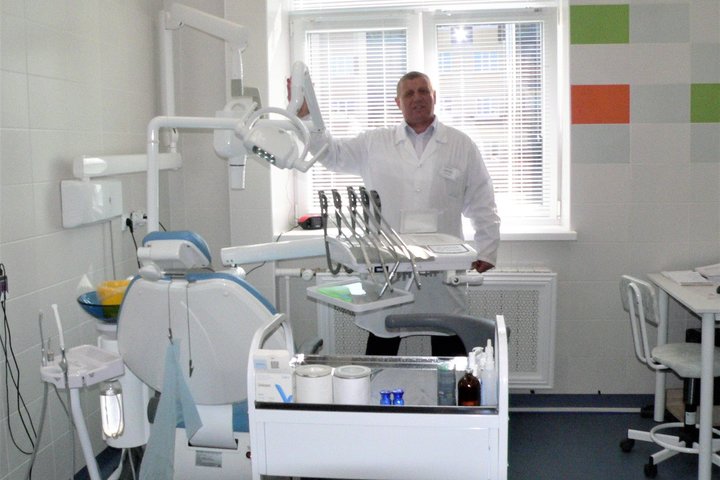
In last year's review of the insurance market, the Bank of Russia noted that the VHI market has grown significantly due to the expansion of demand for corporate programs, explaining this by the desire of employers to increase their attractiveness in the labour market:
In 2023, the volume of premiums for the VHI increased by 18.6% to 253.5 billion rubles, the number of contracts concluded by 6.5%. The segment was supported by an increase in demand for the VHI from employers — the number of contracts concluded by them increased more than threefold. This can be explained by the expansion of the social package by individual employers to retain and attract employees in the context of a shortage in the labour market. Despite this, the volume of contributions in the segment decreased due to the development of telemedicine and a decrease in the amount of insurance coverage. Payments in 2023 increased by 8.4%, including due to the rise in the cost of medical goods and services.
Expert RA agency has published a forecast according to which by the end of 2024 the insurance market is expected to grow by 18-20%, and the growth of insurance premiums in voluntary health insurance is expected to be 25%.